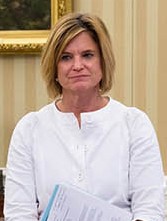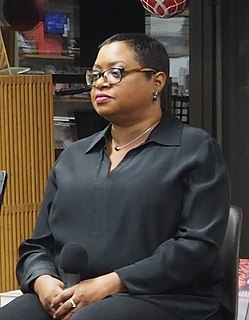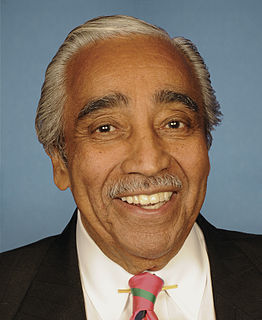A Quote by Freddie Gibbs
Gary is a old factory town right outside Chicago. From my standpoint, my family migrated there in the '50s and '60s from Mississippi - Sardis, Mississippi - shout out to Sardis, Mississippi. My family migrated there just like a lot of black families in that area: they migrated there to get jobs, to get those factory jobs, that steel mill job.
Related Quotes
I mean my mother migrated from Georgia -Rome, Georgia, to Washington, D.C., where she then met my father, who was a Tuskegee Airman who was from Southern Virginia. They migrated to Washington and I wouldn't even exist if it were not for that migration. And I brought her back to Georgia, both my parents, actually.
I was just an infant when [Fannie Lou] Hamer spoke - barley even awake in the world. But here she was, pressing the Democratic Party to refuse to recognize the all-white Mississippi delegation, because obviously there was no way Mississippi could have an all-white delegation. Black people had been kept from registering through violence and intimidation. She had experienced that violence herself and was there to speak about it and to insist the delegation of the Mississippi Freedom Democratic Party be recognized instead.
It is only when we speak what is right that we stand a chance at night of being blown to bits in our homes. Can we call this a free country, when I am afraid to go to sleep in my own home in Mississippi?... I might not live two hours after I get back home, but I want to be a part of setting the Negro free in Mississippi.



































